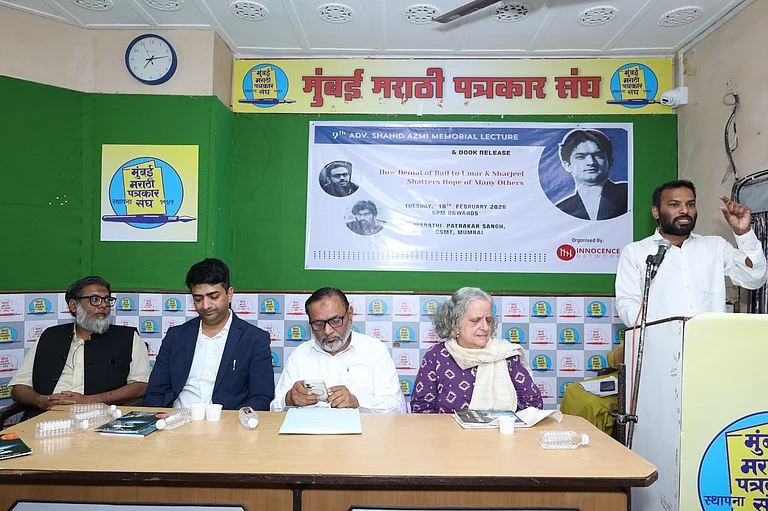Russia on Wednesday announced that it's withdrawing its forces from the key Ukrainian city of Kherson and its surrounding area.
The city of Kherson lies in the region of the same name. The Kherson region was among the four occupied-Ukrainian regions annexed by Russian President Vladimir Putin in September. The other regions were Zaporizhzhia, Donetsk, and Luhansk.
The announcement of withdrawal from Kherson is an extremely rare public admission of humiliation that Russia has so far suffered in the war since February 24, when Putin announced the invasion of Ukraine, dubbed as a "special military operation".
Ukrainian authorities did not immediately confirm the move. Ukrainian President Volodymyr Zelenskyy has suggested in recent days that the Russians were feigning a pullout from Kherson in order to lure the Ukrainian army into an entrenched battle. Zelenskyy called attempts to convince civilians to move deeper into Russian-controlled territory "theater".
Russian botched war in Kherson
The top Russian military commander in Ukraine, General Sergei Surovikin, reported to Defense Minister Sergei Shoigu on Wednesday that it was impossible to deliver supplies to the city of Kherson and other areas on the western bank of the Dnieper River that it lies on. Shoigu agreed with his proposal to retreat and set up defenses on the eastern bank.
Kherson, with a pre-war population of 2,80,000, is the only regional capital to be captured by Russian forces since the invasion began. Ukrainian forces had zeroed in on the strategic industrial city, which sits on the Dnieper River that divides the region and the country itself. During the summer, Ukrainian troops launched relentless attacks to reclaim parts of the larger province.
More than 70,000 residents were evacuated in late October, along with members of the Kremlin-installed regional government, according to the Moscow-appointed officials, although Ukrainian officials questioned the claim. The remains of Grigory Potemkin, the Russian general who founded Kherson in the 18th century, also were reportedly moved from the city's St. Catherine's Church.
The city and parts of the surrounding region were seized in the opening days of the conflict as Russian troops pushed their attack north from Crimea — the area illegally annexed by the Kremlin in 2014.
In recent months, Ukraine used US-supplied HIMARS rocket launchers to repeatedly hit a key bridge on the Dnieper in Kherson and a large dam upstream that is also used as a crossing point. The strikes forced Russia to rely on pontoons and ferries that also were targeted by Ukraine.
The Russian announcement came as villages and towns in Ukraine saw more heavy fighting and shelling on Wednesday.
Heavy fighting in Ukraine continues
At least nine civilians were killed and 24 others were wounded in 24 hours, the Ukrainian president's office said. It accused Russia of using explosive drones, rockets, heavy artillery and aircraft to attack eight regions in the country's southeast.
Ukrainian and Russian forces also clashed overnight over Snihurivka, a town about 50 kilometers (30 miles) north of the southern city of Kherson.
The president's office said widespread Russian strikes on Ukraine's energy system continued. Two cities not far from Europe's largest nuclear power plant in Zaporizhzhia were shelled overnight, it said. More than 20 residential buildings, an industrial plant, a gas pipeline and a power line were reportedly damaged in Nikopol, which lies across the Dnieper River from the Zaporizhzhia Nuclear Power Plant.
Further west, in the Dnipropetrovsk region, the Ukrainian governor reported “massive” overnight strikes with exploding Iranian-made drones that wounded four energy company workers in the city of Dnipro.
“Attacks on civilian infrastructure are war crimes in themselves. The Kremlin is at war with Ukrainian civilians, trying to leave millions of people without water and light (for them) to freeze in the winter,” Gov Valentyn Reznichenko said on Ukrainian TV.
(With AP inputs)


























